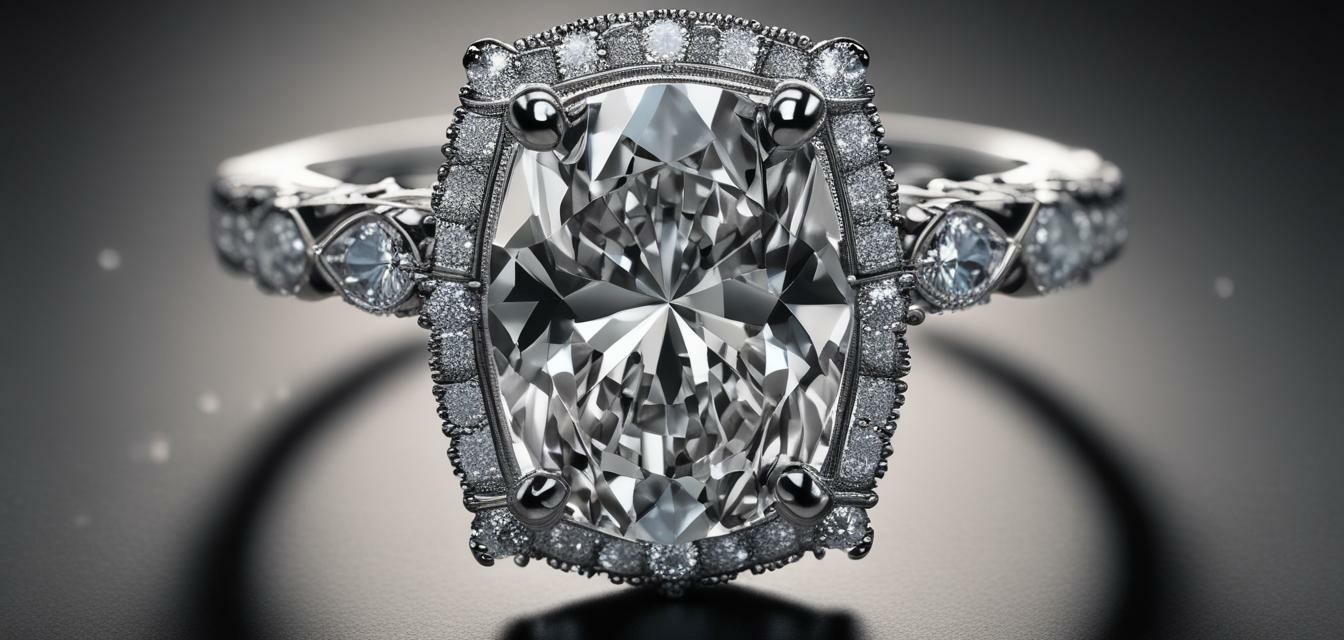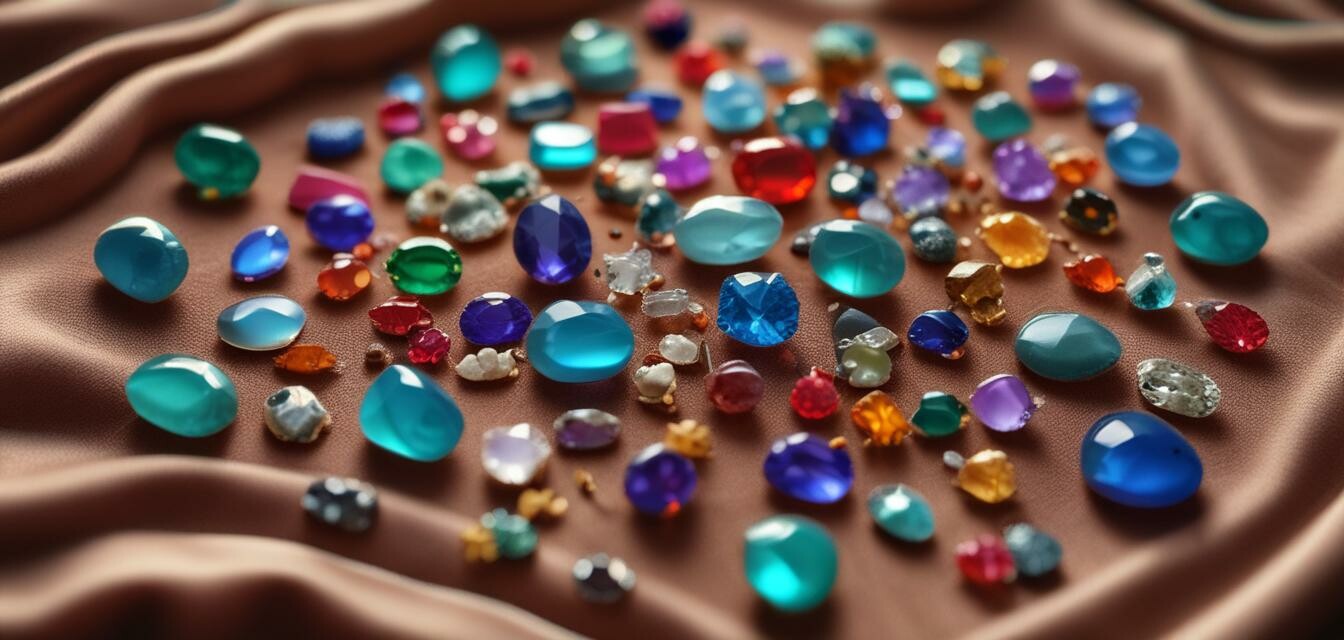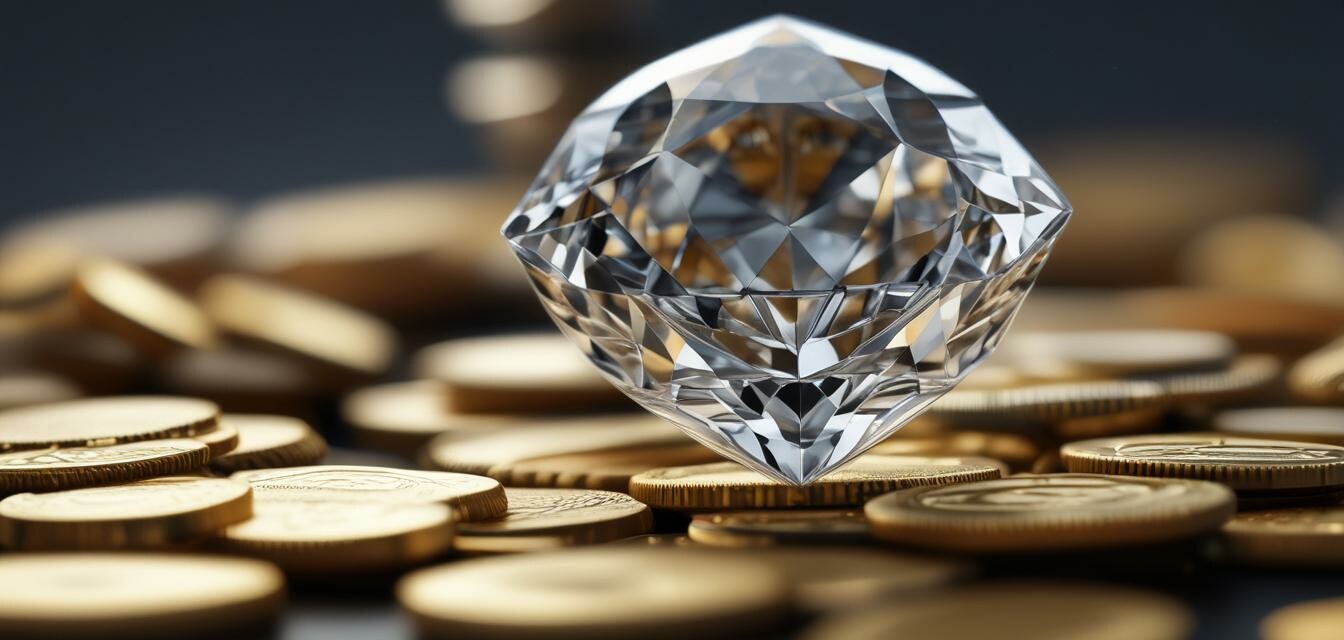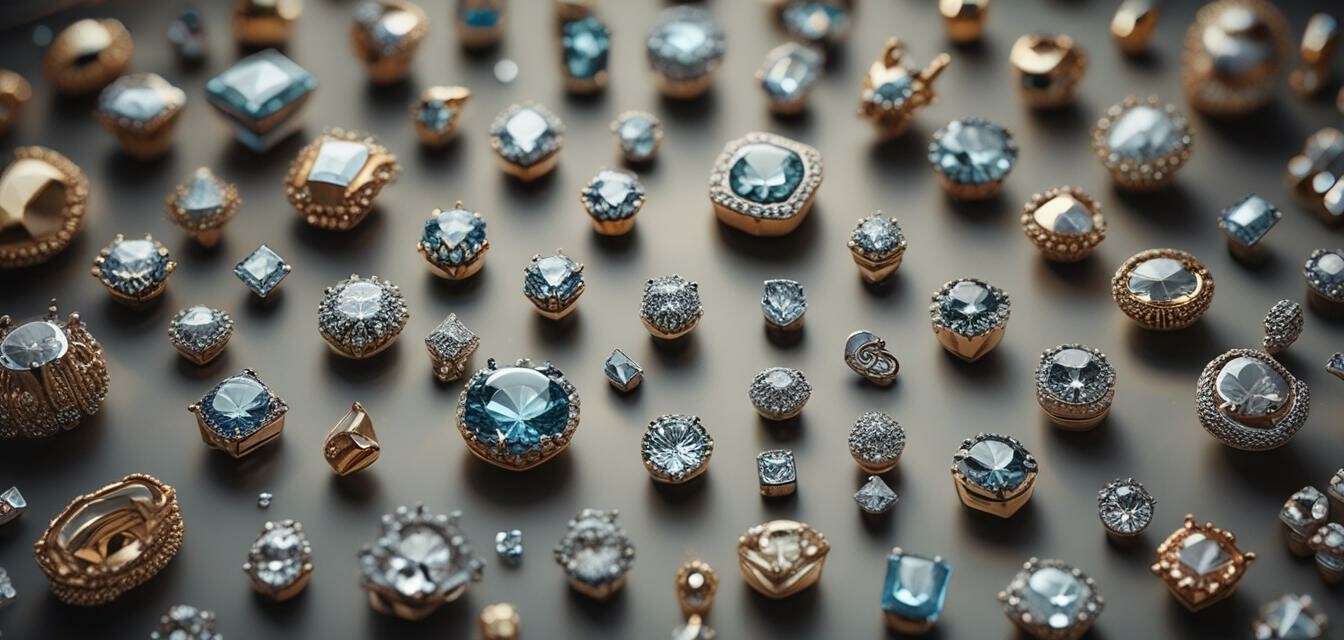
Ethical Sourcing of Diamonds
Key Takeaways
- The ethical sourcing of diamonds involves obtaining diamonds in a way that minimizes harm to people and the environment.
- Consumers are increasingly aware of ethical practices, influencing their purchasing decisions.
- Various certifications exist to assure shoppers of a diamond's ethical origin.
- Participating in ethical sourcing can positively impact local communities economically.
The diamond industry, traditionally shrouded in controversy, has seen a shift towards more ethical practices in recent years. With consumers becoming increasingly mindful of the origins of their purchases, the demand for ethically sourced diamonds is soaring. This article explores what ethical sourcing means, its importance to the diamond industry, and how it affects consumer choices.
What is Ethical Sourcing?
Ethical sourcing of diamonds refers to the practice of acquiring diamonds in a manner that considers both the social and environmental impacts of mining. The goal is to ensure that the diamonds are mined, traded, and sold in a manner that is fair and sustainable. This encompasses various factors, including:
- Labor conditions and fair wages for workers
- Environmental conservation practices
- Support for local communities

Why is Ethical Sourcing Important?
The importance of ethical sourcing cannot be overstated. Here are some reasons why ethical sourcing matters:
- Consumer Awareness: Modern consumers are more informed than ever about the implications of their purchases.
- Community Support: Ethical practices often translate to better living conditions and job opportunities in mining communities.
- Environmental Impact: Sustainable practices help preserve the ecosystems surrounding mining sites.
- Transparency in the Supply Chain: Ethical sourcing promotes traceability, allowing consumers to make informed choices.
Certification and Standards
There are several certifications and standards that diamonds must meet to be considered ethically sourced. Here are a few of the most notable:
| Certification | Description |
|---|---|
| Kimberley Process | A certification scheme regulating trade in rough diamonds to prevent conflict diamonds. |
| Fair Trade Certification | Ensures fair wages, safe working conditions, and a commitment to community development. |
| Responsible Jewellery Council (RJC) | A standard for the jewelry supply chain that promotes ethical and environmentally responsible practices. |

Challenges in Ethical Diamond Sourcing
Despite the growth of the ethical diamond market, challenges remain, including:
- Lack of awareness among consumers about what ethical sourcing truly means.
- Counterfeit certification claims that mislead customers.
- Higher costs associated with ethical practices that may deter some buyers.
Pros
- Supports fair labor practices and improved working conditions.
- Encourages environmental sustainability and responsible mining practices.
- Enhances consumer trust and loyalty through transparency.
Cons
- Potentially higher prices for ethically sourced diamonds compared to traditional diamonds.
- Some consumers may remain unaware of the ethical implications of their choices.
- Challenges in enforcing standards and regulations in various countries.
How Consumers Can Make Ethical Choices
As a consumer, you play a significant role in promoting ethical sourcing in the diamond industry. Here are some tips to ensure your diamond purchase is ethical:
Tips for Beginners
- Research: Understand the certification standards and look for ethical labels.
- Ask Questions: Engage with jewelers about the sourcing of their diamonds and their commitment to ethical practices.
- Consider Alternatives: Explore lab-grown diamonds which are a sustainable and ethical option.
- Support Local:** Look into local jewelers committed to ethical practices.
The Future of Ethical Diamond Sourcing
The future of diamonds is bright, with a growing trend toward ethical sourcing. As awareness increases and consumer expectations evolve, the diamond industry is expected to continue its shift toward more responsible practices. Here are some future trends to look out for:
- Increased transparency in the supply chain
- Greater emphasis on sustainability and minimal environmental impact
- More collaborations between jewelers and non-profits to enhance community support

Conclusion
The ethical sourcing of diamonds represents a fundamental shift in how the industry operates, reflective of broader consumer values. By understanding and supporting ethical practices, consumers can help ensure that their purchases positively impact individuals and the planet. A commitment to ethical sourcing not only enhances the beauty of the diamonds but also gives them a meaningful story.
For more information about ethical jewelry choices, check out our guides on wedding bands, engagement rings, and earrings.








